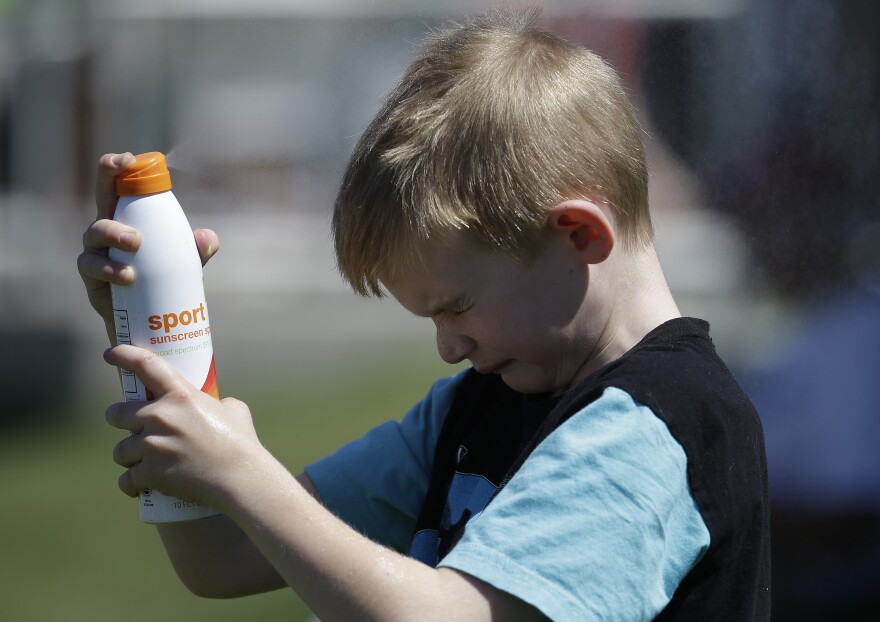Memorial Day carries a heavy load of expectations. We are expected to think about the dead of past wars, and presumably future wars too, which is a noble thing to do but which leads to depressing reflections about human nature. We are expected to join in the retail extravaganza of Memorial Day sales, which has much the same effect. And we are expected, whatever the weather, to get in the mood for the outdoor life of summer.
We have just got nicely settled into the indoor life of winter, which revolves comfortably around the bookshelf, the heating thermostat, and the couch. For months we have been opening the doors carefully, and the windows not at all. Now everything changes. Outdoors is good, and it is positively virtuous and required. Outdoor activities are scheduled. Barbecues are planned, and wardrobes are changed. It’s a shock to the system—especially for people like me who grew up in a different climate where summers are just a brief glimpse of a watery sun between downpours.
Living outdoors is our collective summer fantasy. Yet the outdoors was not really appreciated until the late eighteenth century. Before that, nature was just something you put in the background of paintings, which were supposed to be hung safely indoors, out of the rain. Then artists began to paint nature herself, especially in her sublime, picturesque and pastoral aspect— mountains, waterfalls, deserts, and attractive country scenes.
These romantic images of the outdoors led to the appearance of what we would now call “green tourism.” In the nineteenth century wealthy folks traveled to wild and remote parts of the world to experience the emotional power of raw nature. But they soon discovered that it was more comfortable to live in town and buy the paintings.
We are an indoor species. We started out in caves, then graduated to huts and houses, and finally to condominiums and McMansions. Our whole history has been a progression from outdoors to indoors, so that now we live and even play within four walls most of the time. We prefer to work indoors. It’s more prestigious, and it pays better. A comfortable chair in an air-conditioned office is what we value and reward the most.
When summer comes we know we should be out there enjoying it. But the heat is oppressive, there’s poison ivy, mosquitoes carrying West Nile virus, and deer ticks carrying Lyme disease. Insect-borne diseases have tripled in recent years, and now we have some new ones including Anaplasmosis, Bebesiosis, and the Powassan virus. They all sound very nasty, and they are lurking just outside our door. While we dodge the lethal insects we need to stay alert for air pollution, ozone warnings, and ordinary sunshine, which is now declared to be deadlier than nerve gas.
And yet we are all survivalists at heart, and hiding indoors would be a sad way to spend the summer. The backyard may be a war zone, but millions of suburban warriors, armed with insecticides, respirators and sunblock, will boldly face the challenge of the open air this year, as we do every year. If we are very careful out there, we may survive all the way through to Labor Day.
Copyright: David Bouchier


